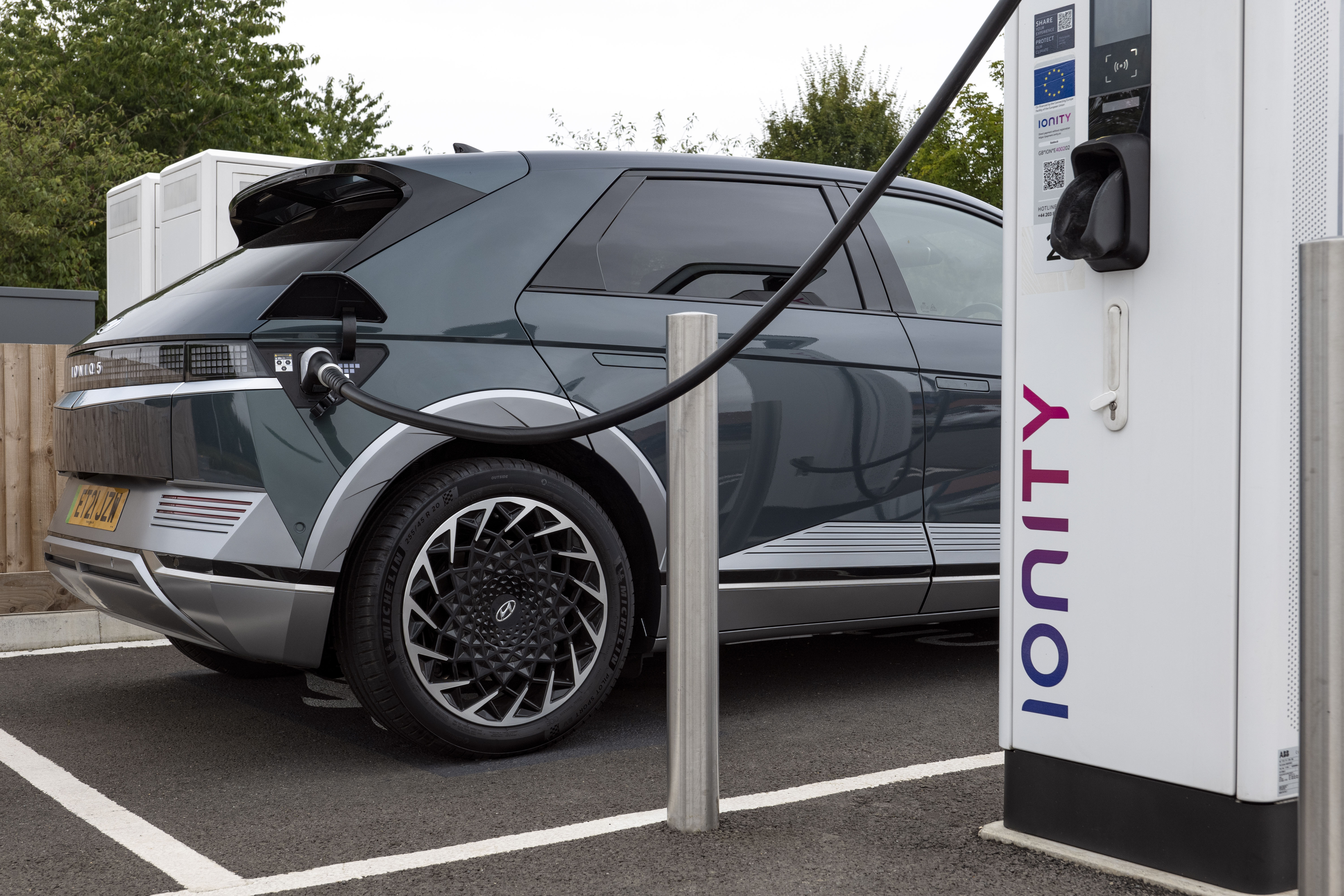Government demands 99 per cent reliability from public EV chargers
New regulations aim to improve charging as more choose electric cars

The government has set out new requirements for public electric car chargers that aim to tackle issues with unreliability and complex payment methods.
Announced yesterday, the rules, set out in the Public Charge Point Regulations 2023, stipulate various requirements for public EV charging providers.
One of the main demands is that rapid chargers need to be ‘on average, reliable for 99 per cent of the time during each calendar year’. Charge point providers will be forced to publish information on their reliability.
The government is also looking to address the grey area surrounding payment. Currently, some charging points require apps or pre-authenticated RFID cards to ‘unlock’ a charger. But for all chargers delivering above 8kW of power, they will be required to have a contactless payment feature to speed up the charge.

They will also need to enable ‘payment roaming’, whereby drivers will no longer need to have multiple apps from each charging provider in order to enable a charge to start, as is sometimes the case currently.
However, no official date has been given as to when these regulations will come into force, and once they are, operators will have a year to introduce this functionality.
Clearer pricing is another requirement, with charging operators being forced to display the cost of charging in pence per kilowatt hour before a charge has begun.
RAC electric vehicles spokesman Simon Williams said: “We’re pleased to see the government has acknowledged there’s a need to improve drivers’ experience at public chargers and has now set out some clear actions to address this.
“This has the potential to reassure many more people that switching to an electric vehicle makes sense, which is vital the closer we get to 2030 when the sale of new petrol and diesel cars will end. Ensuring drivers only need to download and use a single app is a huge step forward from where we are today.”





